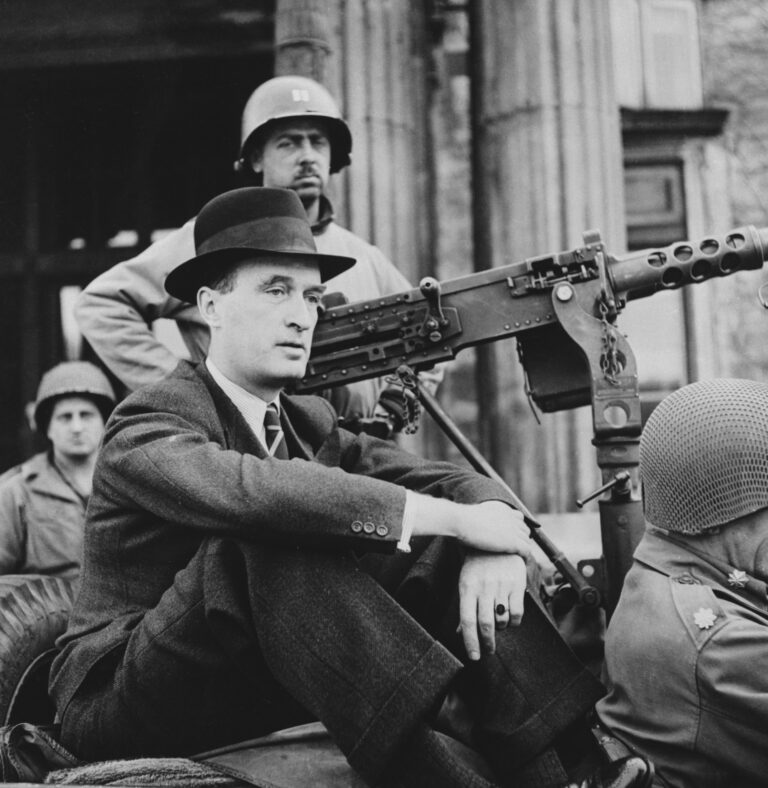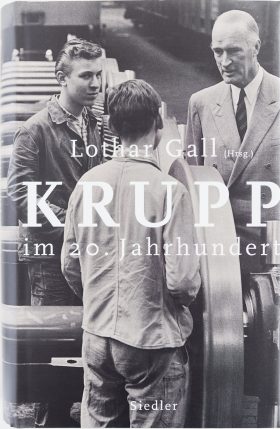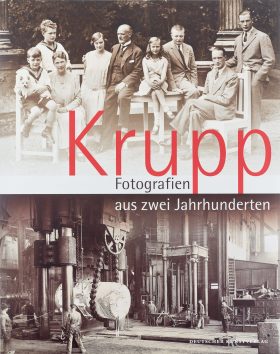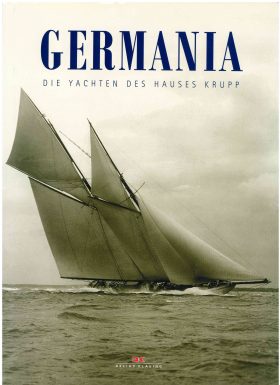Research project on the position of Alfried Krupp to National Socialism enters second phase
The reappraisal project initiated by the Krupp Foundation in 2022 on the position of its founder Alfried Krupp to National Socialism continues: the second phase of the project has commenced and is dedicated to in-depth research based on the results and identified sources of the first section of the project. The multidisciplinary team of eight authors discussed relevant issues as part of an initial workshop, and will focus on various main topics in the coming months to obtain as multifaceted an impression as possible of Alfried Krupp from the 1920s until his death in 1967. The goal is to produce an anthology of contributions based on multiple perspectives, to be published by the Society for Business History, and also in the English language. A digital application is to be concurrently developed with the aim of conveying the topic as barrier-free and location-independent as possible, with the particular intention of reaching young target groups.
In 2022, the Krupp Foundation initiated a research project in order to identify sources that could shed light on Alfried Krupp’s position towards National Socialism. The source research directed by Professor Dr. Eckart Conze, Professor of Modern and Contemporary History at Philipps University Marburg and an expert on the history and impact of National Socialism, created an overview of existing project-relevant documents in national and international archives, including the Krupp Historical Archive. The results of the research project led by Professor Conze were then presented in 2023 and published on the website of the Foundation.































